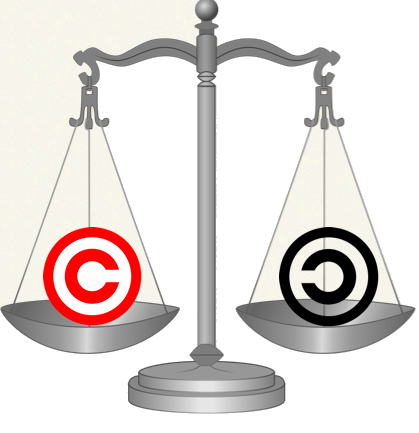As soon as the first university researchers started sharing documents on Arpanet, society realized the importance of rushing to get content online. In his book “A Better Pencil: Readers, Writers and the Digital Revolution,” Dennis Baron describes the Google Books project which began in 2002. (p. 47) Google outsourced to China and India the massive project of scanning the collections of major university libraries such as Harvard, Oxford, Stanford and the University of Michigan as well as the titles of New York’s Public Library. A world of intellectual property “without borders” almost became realized until publishers began to scream about massive copyright infringement and Google restricted online access to only full versions of books where the copyright had already expired.
 Currently, Google awaits a federal judge’s ruling about whether it can continue with its project of creating a full digital library and further boast its dominance in the search marketplace. And as Apple as elbowed its way into the ebook market, by signing big publishers such as Penguin and Simon and Schuster, Amazon (Kindle) tries to determine its place.
Currently, Google awaits a federal judge’s ruling about whether it can continue with its project of creating a full digital library and further boast its dominance in the search marketplace. And as Apple as elbowed its way into the ebook market, by signing big publishers such as Penguin and Simon and Schuster, Amazon (Kindle) tries to determine its place.
This PricewaterhouseCoopers chart posted on the Transliteracy Research Group website predicts that e-books will represent about 6% of consumer book sales in North America by 2013, up from 1.5% last year. Kate Pullinger also notes that:
Carolyn Reidy, the boss of Simon & Schuster, another big publisher, thinks they could account for 25% of the industry’s sales in America within three to five years . . . Mobclix, an advertising outfit, reckons the number of programmes, or apps, for books on Apple’s iPhone recently surpassed that for games, previously the largest category.
If Apple can revolutionize the book publishing industry the way it revolutionized the music publishing industry, the above figures are conservative, at best.

Interesting post! Thanks for sharing! I am really looking forward to seeing what this industry will look like in 5 years!